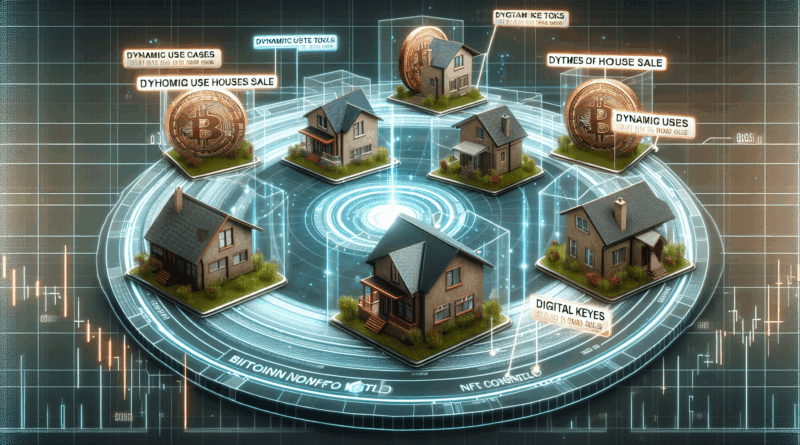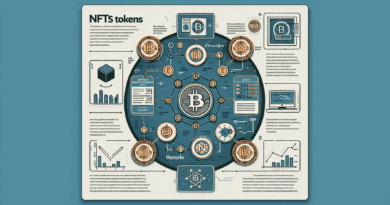Dynamic NFT Use Cases in Real Estate: A Game Changer for Property Transactions
Are Dynamic NFTs the Future of Real Estate Transactions?
Over the past few years, the intersection of blockchain technology and real estate has prompted discussions about innovative solutions for property ownership and transactions. According to a report by Statista, the global blockchain in real estate market is expected to reach $1.4 billion by 2026. But what does this mean for buyers and sellers? Could dynamic NFTs be the answer to a more seamless and transparent real estate experience?
Understanding Dynamic NFTs
Before diving into their applications, it’s essential to clarify what dynamic NFTs are. Unlike traditional NFTs, which represent static ownership, dynamic NFTs can update their metadata based on real-world events or changes. For instance, if the ownership of a property changes hands, the information reflected in the NFT will also update automatically.
1. Simplifying Property Transactions
One of the prominent use cases of dynamic NFTs in real estate is the simplification of transactions. By representing property titles as NFTs, buyers can verify ownership in real-time without requiring extensive paperwork. Traditional methods involve a series of checks and balances involving lawyers and registry offices. In contrast, dynamic NFTs streamline these processes, reducing the time and costs associated with property transactions.

2. Ensuring Transparency and Trust
Real estate transactions can often be fraught with fraud risks. The immutable nature of blockchain technology ensures that all transactions are permanently recorded and easily verifiable. This leads to increased trust among buyers and sellers. In fact, 78% of property industry professionals believe that blockchain technology will improve transparency in the sector (according to a survey by JLL).
3. Facilitating Fractional Ownership
Dynamic NFTs can also pave the way for fractional ownership of properties. This means that multiple individuals can own a percentage of a property, lowering the barrier to entry for real estate investment. Not only does this democratize property ownership, but it also allows for new investment opportunities, such as tokenizing rental income. Imagine a scenario where you invest in a vacation home, and your NFT updates with your share of rental earnings automatically!
4. Automating Rental Agreements
Let’s consider how dynamic NFTs can enhance rental agreements. By integrating smart contracts, landlords and tenants can automate payment processes and renewals. For example, when rent is paid, the NFT’s metadata will update to reflect the new payment status. This approach not only provides greater efficiency but also minimizes disputes between tenants and landlords.
The Road Ahead: Challenges and Considerations
As promising as dynamic NFTs are, there are challenges that need addressing. Issues such as regulatory compliance, consumer education, and technological barriers must be navigated before widespread adoption can happen. As noted by experts from McKinsey, aligning with existing legal frameworks is crucial for integrations within the real estate market.
Conclusion: Embrace the Future Now
Dynamic NFTs offer exciting prospects for revolutionizing real estate transactions, from simplifying processes to enhancing trust among participants. If you are interested in advancing your knowledge or exploring investment opportunities in this domain, consider downloading our comprehensive guide on integrating blockchain technology in real estate.
Disclaimer: This article is for informational purposes only and does not constitute investment advice. Always consult local regulations before making financial decisions.
Explore More: Check out our related articles on the legal implications of NFTs in real estate and the future of blockchain technology in property management. Visit hibt.com.




